Pandemic showing negative impact on mental health
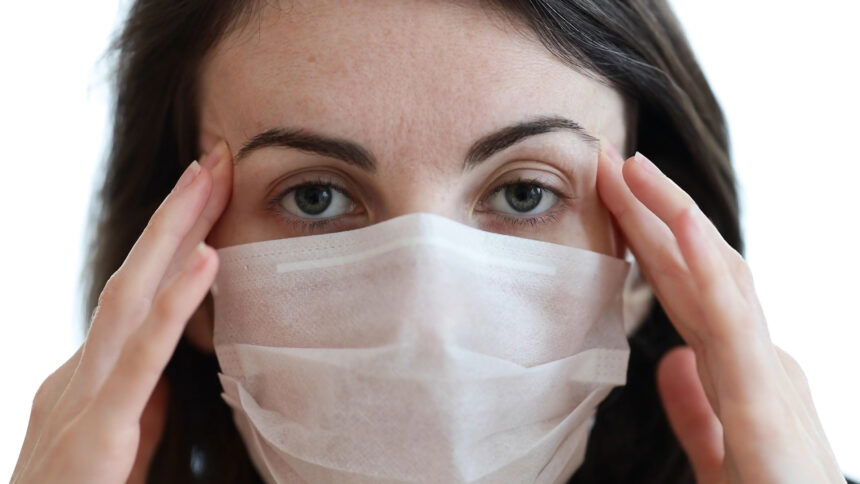
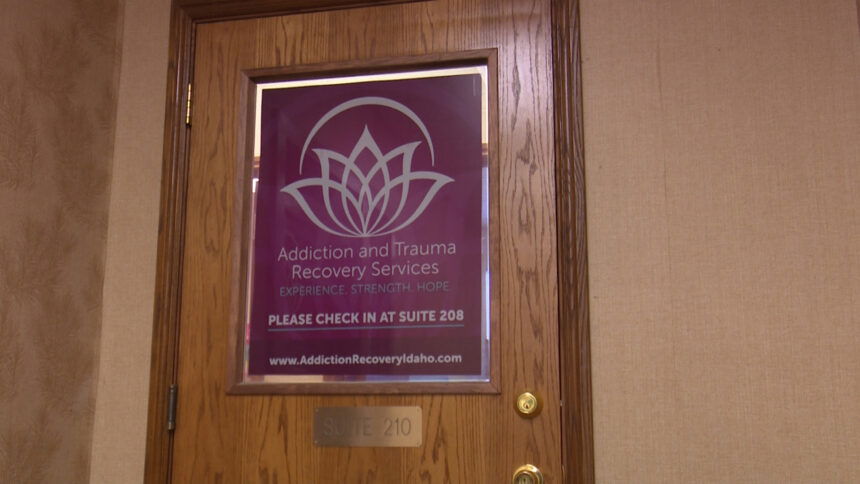
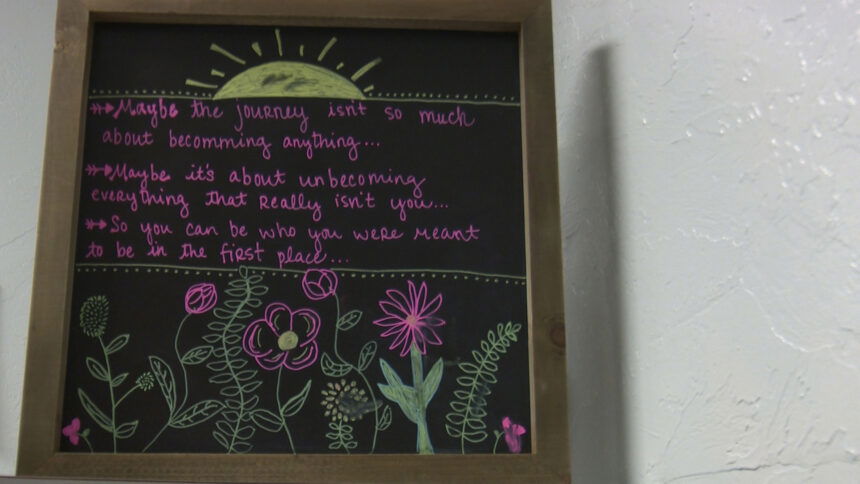
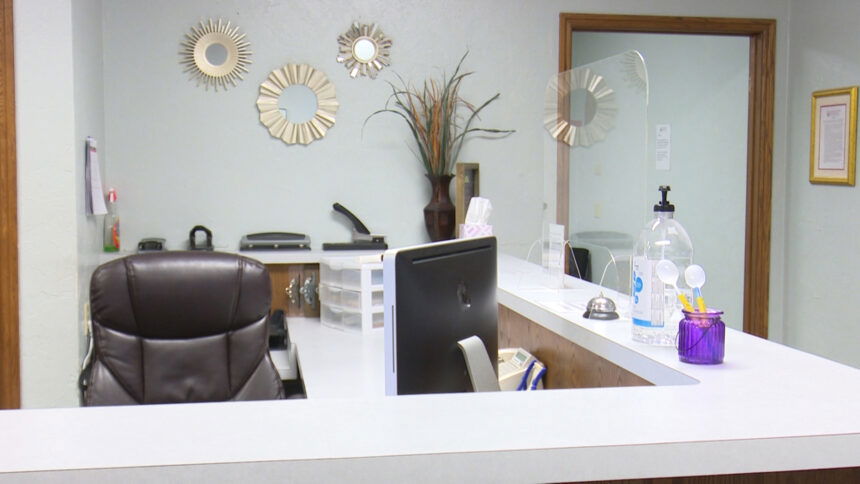
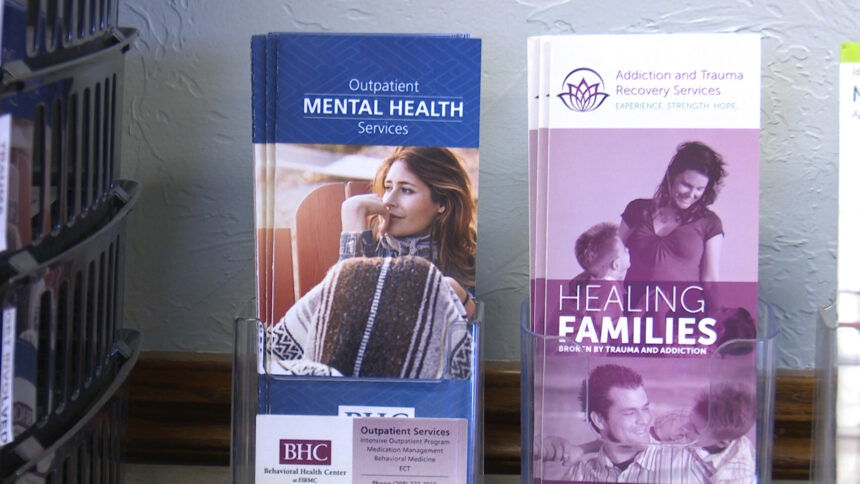
IDAHO FALLS, Idaho (KIFI/KIDK) - Many people across the nation are feeling the mental effects of the pandemic and our community is no different. Providers are expressing an increased rate of people seeking mental health services, including people who have never stepped foot in a therapeutic setting before.
Ben Wells is the program coordinator at Addiction and Trauma Recovery Services on E 17th St. He teaches a men’s trauma group and says they see a variety of clients to include police officers, doctors, attorneys, and probationers/parolees. He says it is a group that focuses on healing an assortment of traumas from the past.
“It’s kind of breaking those stigmas and roles that men are faced with in society today,” Megan Howard, owner and clinical director of ATRS said, “To be a perfect provider, to be strong, to have all the answers, to not struggle with addiction, to not need help. We’re trained to break those stigmas associated with gender roles and educate and train on how trauma and depression and mental illness affect men as well.”
Howard says a lot of men in the trauma group have been affected by the pandemic due to being seen as the provider of their family and job loss putting a strain on their ability to do so. She says they have seen more depression and substance abuse in that population since the pandemic began. The shared experience and validation within the group has helped many men realize they are not alone in this experience. Howard says many people feel the same way, even if we’re not openly talking about it.
“You’re not alone. We live in a hard community where there’s a lot of stigmas and pressure to fit in and that’s not reality,” Howard said. “Reality is that we all have struggles, we just don’t talk about them.”
Wells says he helps men identify what their trauma is because a lot of time, people don’t necessarily recognize their past experiences as being trauma. He says some people turn to drug use and other negative coping skills to escape these traumas.
“Trauma is real and people can’t always identify what the trauma is, but if you’re struggling with mental health things right now or addiction right now, you’re not alone,” Wells said. “And I really feel, through reaching out and finding connection, that’s probably going to be the answer to get through this situation right now.”
Wells says his men’s trauma group typically consists of 10 to 15 men and they have been full since the start of the pandemic, with more men seeking help now than before.
“Our clients have been reeling for quite some time so there’s definitely been an increase in clients coming in,” Wells said. “We have quite the waitlist to just get anybody on the schedule, and people are calling us because other places have waitlists as well.”
Wells says Addiction and Trauma Recovery Services can take people in who find themselves in a crisis situation.
Howard says she thinks the waitlist numbers jumped because people are craving human connection and someone to talk to. She says all of the clinicians at ATRS are trained to treat complex and significant trauma.
“With people not being able to connect and be around other people that they love or care about and have that support, they’re being left to kind of just sit and think about those traumatic experiences,” Howard said. “We’ve seen an increase in trauma symptoms, such as depression, anxiety, and suicidal ideation. We’ve seen an increase in people expressing suicidal ideations, going to the hospital or the Behavioral Health Center for those kinds of same concerns.”
Wells says he thinks the yo-yo effect of the pandemic seemingly improving and then spiraling back downward has really had a negative effect on his clients’ overall mental health. The lack of human connection has driven many people into a pit of despair and loneliness.
“Not even having the opportunity to go out and be with people, that’s been really really hard, I think, the lack of connection has been tough for everyone,” Wells said. “People are just getting shut in and that’s where the depression is coming in and then we have anxiety from not being able to work or making less money and trying to pay our bills.”
Wells advises if you have been feeling increased depression, anxiety, or any other struggle with maintaining your mental health, to reach out to professionals, whether it is through Zoom or in person. He also stresses the importance of calling suicide hotlines or mental health hotlines or providers.
The National Suicide Prevention Lifeline number is 1-800-273-TALK(8255) or you can visit their website here.
There is a hotline designated to help with people struggling due to the pandemic. You can call the COVID Helpline at 1-866-947-5186 or text 1-986-867-1073.
“Research shows that it takes one person to just believe in us and give us hope that things will be okay,” Howard said. “So just hold on and just don’t be afraid to reach out to people because more people are struggling than you know.”
Wells says finding human connection wherever you can will be the most useful tool in battling pandemic-related depression.
“Please reach out. There are people offered by the state, there are counseling agencies here within the community, and honestly, I think reaching out to family and friends because I think we are all dealing with this together,” Wells said. “No one’s alone in this situation and so reaching out and trying to find some connection to get yourself out of that hole.”
Wells says the warning signs for depression include isolation, lack of interest in things you used to enjoy doing and pulling back from interacting in general.
He says children tend to get fixated on things they used to not do as much, such as video games. He says people have a tendency to become avoidant of their problems and daily life stressors and this is especially more apparent in youth.
Wells says the pandemic may cause trauma or trigger past traumas for some individuals.
“It depends on what their trauma was in the past. If it was something where they were, again, I say isolated, or abandoned, I’m sure that could happen,” Wells said. “But I think that this situation is going to cause a lot of trauma in the future, because of the job loss, because of the stress that’s going on financially, and everything else that people are dealing with.”
Wells advises to take care of your physical and spiritual health right now to prevent or combat depression. He says YouTube is a great resource for home workout videos as well as mindfulness videos, such as meditation. He says developing the ability to stay present and grounded within yourself will help take the focus off the stressful state of the world right now. He also says enjoyable hobbies such as music, reading, DIY projects, and things that will keep you busy within your home will also help strengthen your mental health.
“It depends on what coping skills they’re developing right now, if they’re positive or negative,” Wells said. “If they can find things to do around the home and get into some healthy hobbies, they might be ok.”
